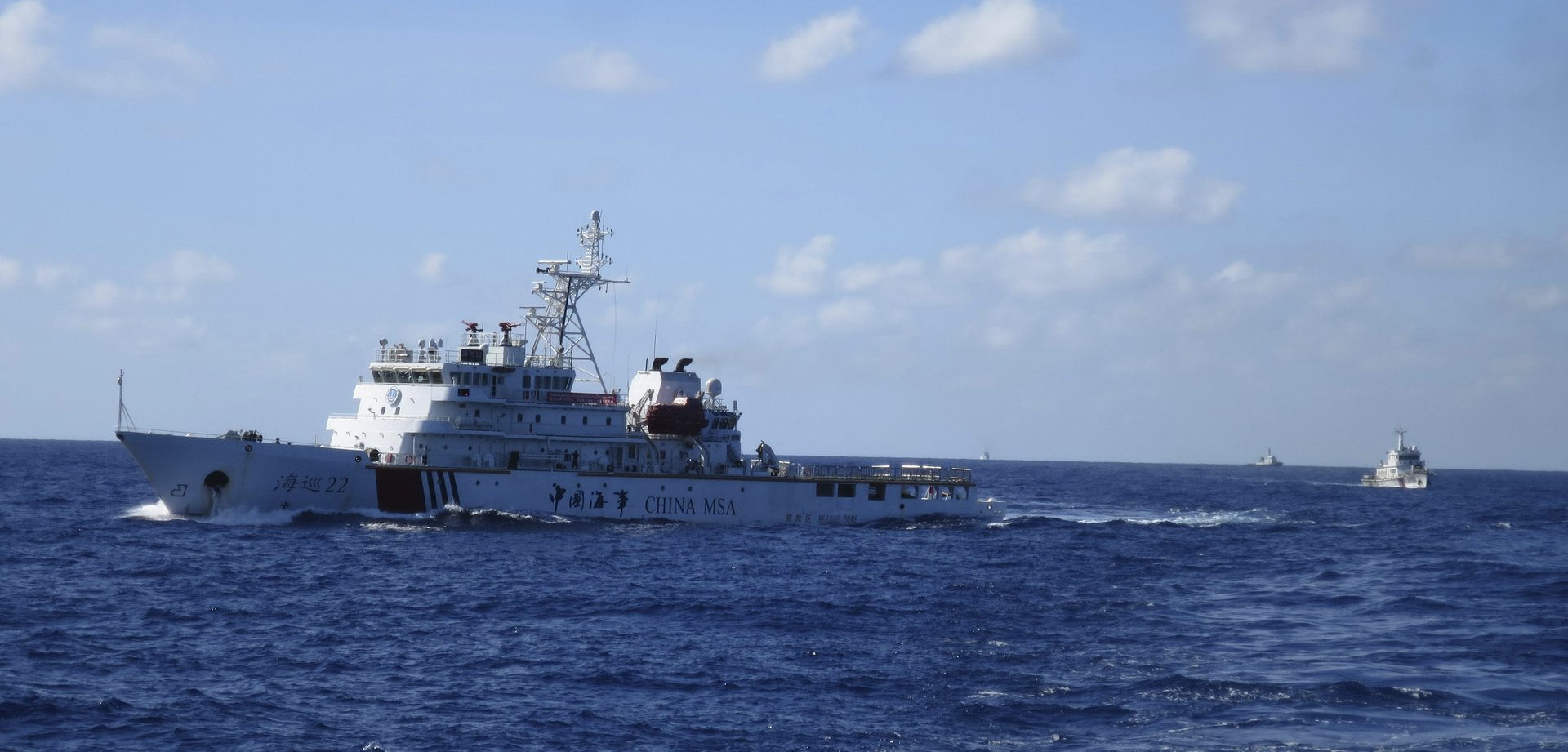Thanks to China, Australia can expect more Vietnamese fishermen poaching in its waters
Last week Australia sentenced three Vietnamese fishermen to prison for gathering sea cucumbers in a marine park off the coast of its northeastern state Queensland in February. The poachers pleaded guilty, but blamed China for pushing them into Australian waters.


Last week Australia sentenced three Vietnamese fishermen to prison for gathering sea cucumbers in a marine park off the coast of its northeastern state Queensland in February. The poachers pleaded guilty, but blamed China for pushing them into Australian waters.
Traditionally Vietnamese fishermen operate in what they call the “East Sea,” better known elsewhere as the South China Sea. In recent years China has grown increasingly assertive in that waterway. It claims nearly all of it despite an international tribunal rejecting its claim last July. The fishermen argued they were forced to look further afield because of China’s intimidating presence there.
Then again, they also pleaded they were unaware of being in Australian waters, an assertion the judge scoffed at. They are, he noted, fishermen. They know the sea.
But one way or another, China was behind the poachers being in the Coral Sea Marine Reserve. China has a voracious appetite for sea cucumbers, both as a delicacy and for traditional medicine. A 2014 report found that prices for them had increased six to 12 times across species over the previous decade thanks to dwindling stocks and demand from China. The Vietnamese fishermen were caught with about 7 metric tons (7.7 tons) of sea cucumbers.
Like their Chinese counterparts, Vietnamese fishermen routinely invade the exclusive economic zones of nearby countries, an area extending out 200 nautical miles (370 km, 230 miles) from the coast where those nations have sole rights to the sea’s natural resources. In the first half of last year over 600 were apprehended for illegally fishing in the waters of neighboring countries including Thailand, Indonesia, and the Philippines.
The excuse of being pushed out of traditional fishing grounds has some merit. In early 2012 China apprehended 20 Vietnamese fishermen harvesting sea cucumbers near the South China Sea’s Paracel Islands, which both nations claim but China occupies. The fishermen said Chinese authorities beat them and kept them in grueling conditions before releasing them.
Since 1999 China has declared a summer fishing moratorium in large swathes of the South China Sea. The ban runs from the start of May to mid-August and China has invoked the need to let fishing stocks replenish, but the move is also clearly about China asserting authority in the waters its claims—even where it has, according to last July’s ruling, no right to do so (pdf, p. 306) under international law.
Last August China put into effect a regulation saying its “jurisdictional seas” include not only inland waters and territorial seas, but also “regions including contiguous zones, exclusive economic zones, continental shelves, and other sea areas under China’s jurisdiction,” according to state newswire Xinhua. On March 12, China’s Supreme People’s Court issued a work report citing the earlier regulation and making it clear that the country believes it has the right to apprehend—and pursue for criminal liability—foreign fishermen breaking China’s laws in these vast waters.
The upshot: Starting in May, when the summer moratorium resumes, fishing in much of the South China Sea will involve dodging the Chinese coast guard, and possibly being apprehended by it for criminal prosecution in China.
Australia can expect to see more fishermen from Vietnam, and perhaps other parts of Southeast Asia, off its coasts.